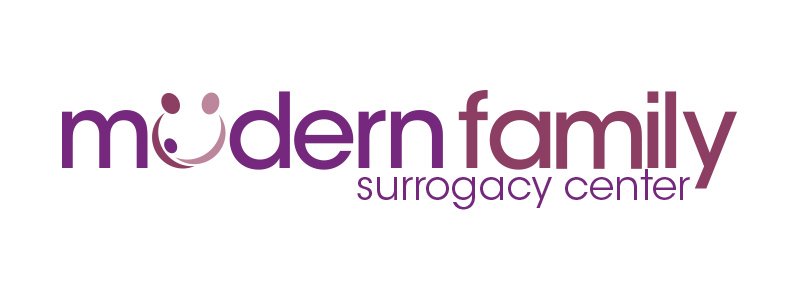What are the Laws in California for Surrogacy?
Although surrogacy has become much more common over the past few years, it is still a somewhat controversial topic. Likewise, some of the states in the U.S. are more accepting of this process while others are not tolerant of surrogacy at all. It’s important to review surrogacy laws by each state when considering moving forward with the process.
The United States surrogacy laws can actually be quite complicated. Therefore, for those who intend to use this procedure in order to have a child, it is important to understand exactly how the state of residence deals with such laws - if at all. Some of the essential questions to ask prior to moving forward with the surrogacy process should always include:
Are surrogacy agreements allowed, and if so, are they enforceable?
Does it make a difference if it is a compensated surrogacy (i.e. the surrogate is paid for her services) or if she is simply reimbursed for her expenses for the surrogacy process?
Does it make a difference legally whether it is a gestational surrogacy or a traditional surrogacy?
Are there any types of alternatives to post-birth adoption - either prior to or after the child's birth - in order for the intended individual or couple to become the legal parent or parents?
CALIFORNIA SURROGACY LAWS: AN OVERVIEW
In California, both traditional and gestational surrogacy are legal and recognized, making it one of the handful of surrogacy-friendly states. Traditional surrogacy involves the surrogate using her own eggs, while a gestational surrogate will use the eggs from the intended mother or an egg donor. Regardless of the type of surrogacy chosen, California law provides a clear legal pathway for intended parents to establish their parental rights and obligations.
PARENTAGE ORDER: One of the key advantages of surrogacy in California is that pre-birth orders can be obtained, granting intended parents legal parentage even before the child is born. This means that intended parents can have peace of mind knowing that their parental rights will be protected, and they can make important decisions regarding the well-being and future of their child.
LEGAL ASSISTANCE: NAVIGATING THE COMPLEXITIES
While California is known for its surrogacy-friendly laws, the legal process itself can be complex and nuanced. It is crucial for intended parents to work with experienced legal professionals who specialize in reproductive law and surrogacy arrangements to ensure that all legal requirements are met and that their rights are protected.
At Modern Family Surrogacy, we understand the importance of comprehensive legal guidance and support for intended parents. We collaborate with a network of reputable and knowledgeable attorneys who have extensive experience in surrogacy law. These legal professionals are well-versed in California surrogacy laws and will guide intended parents through the surrogacy journey, ensuring that all necessary legal documents and surrogacy contracts are in place.
Navigating surrogacy legal requirements in California can be a daunting task, but with the assistance of Modern Family Surrogacy and our network of legal professionals, intended parents can proceed with confidence, knowing that their surrogacy journey is guided by knowledgeable experts who prioritize their legal rights and the best interests of their growing family.
CASES THAT UPHOLD CALIFORNIA’S PROGRESSIVE APPROACH TO SURROGACY
One of the most well-known cases in California regarding surrogacy occurred in 1993. The case, Johnson versus Calvert, held that the intended parents as part of a gestational surrogacy agreement should be recognized as both the legal and the natural parents.
In a gestational surrogacy situation, the surrogate is not the biological contributor of the egg, but rather the carrier of the embryo that is made up of the intended father's sperm and the intended mother's egg and is then implanted into the surrogate's uterus via in vitro fertilization.
In the Johnson versus Calvert case, the court ultimately decided that the person who had intended to procreate - in this case, the intended mother who provided the egg - would be considered the child's natural mother.
A more recent situation in 2005 involved the California Supreme Court deciding three companion cases that concerned lesbian couples who had reproduced using surrogacy. In all three of the cases, the court held that through the Uniform Parentage Act, two women could in fact be deemed as the legal parents of a child who is produced via surrogacy.
Disclaimer: The information provided here is intended as a general guide and should not be considered legal advice. For specific legal advice, it is recommended to consult with an attorney specializing in reproductive law.

